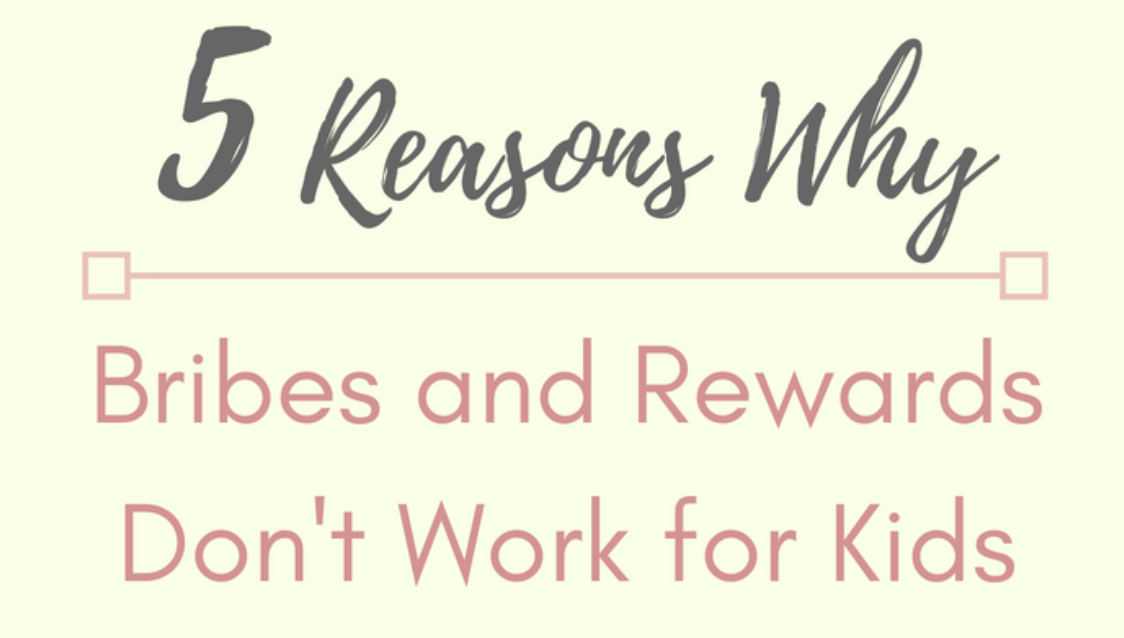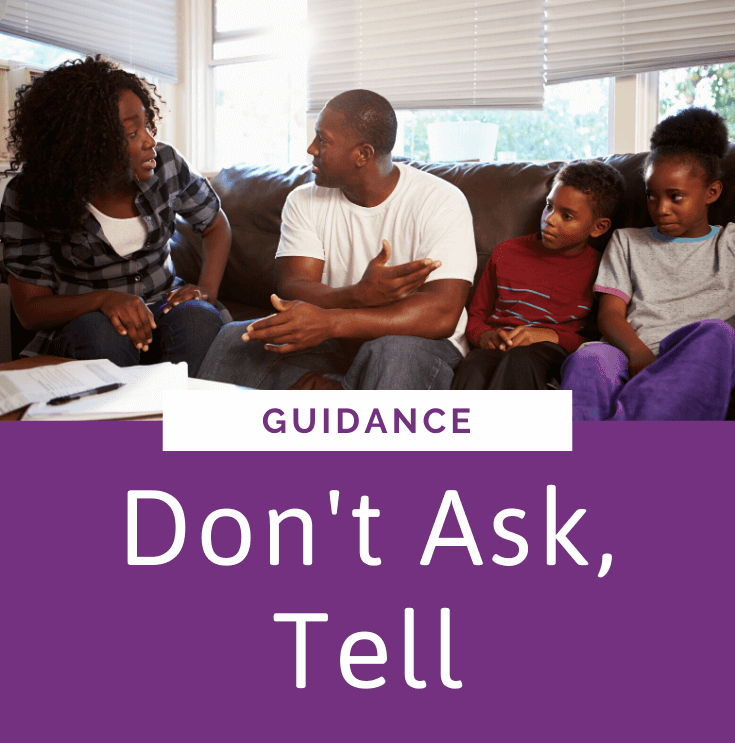
5 Reasons Why Bribes Don’t Work for
February 25, 2022
When A Child Is Sent Home Sick
June 1, 2023For toddlers and preschoolers, lying is not entirely intentional. “Preschoolers are too young to understand exactly what a lie is,” says Dr. Gallagher. “They’re not purposely distorting the truth. They love to exaggerate and make up tall tales, but these stories are expressions of their rich imagination, not lies.”
“Lying is common among children. In fact, a study out of the University of Waterloo observing children in their own homes found that 96 percent of young children lie at some point. Four-year-olds lie, on average, every two hours, and six-year-olds lie, on average, every hour.”
The fibs may stem from:
An active imagination: his creativity is developing so much that sometimes he feels the need to embellish the truth. Doesn’t everyone have seals that swim in the bathtub with them? Or stars they talk to at night? Or a princess who sleeps under their bed?
Forgetfulness: how can a busy two-year-old remember who had the toy first? He just knows he wants it back NOW. And when you scold your child for the crayon marks on the wall and he says he didn’t do it, he’s not lying. Your toddler has simply forgotten that he did it, or wishes so hard he hadn’t that he convinces himself he didn’t.
Magical thinking: if your toddler wishes an event had taken place one way instead of another, he may stretch the truth. This is because he believes that saying it will make it happen.
What can I do about my toddler’s lying?
While you don’t want to encourage lies, the best way to handle this stage is to relax and enjoy your toddler’s tall tales.
Highly embroidered fantasies are generally harmless and part of a two-year-old’s normal development. After all, you read fairy tales to your toddler. Why shouldn’t he offer some of his own?
When Toddlers and Preschoolers Lie (Ages 2 to 4)
Because toddlers’ language skills are just emerging, they don’t have a clear idea yet of where truth begins and ends. At this age, toddlers also have a fairly shaky grasp on the difference between reality, daydreams, wishes, fantasies, and fears, says Elizabeth Berger, a child psychiatrist and author of Raising Kids with Character. “Strong emotions can make a 2- or 3-year-old insist, ‘He ate my cookie!’ when a baby brother clearly did not do anything of the kind,” says Berger.
Remember that toddlers are trying to exhibit their independence, and they can make a power struggle out of any disagreement.3 So try a mild, diplomatic response that interjects doubt, such as, “Really? Then those must not be crumbs I see on your chin.” Saying this helps avoid a battle of the wills.
Toddlers are too young to be punished for lying, but parents can subtly begin to encourage truthfulness.
Around age 4, as children become more verbal, they can tell obvious whoppers and respond “No” when you ask simple questions like, “Did you pinch your sister?” Use every opportunity to explain what a lie is and why it’s bad.
It can be Very Problematic for a Daycare
Kids will tell stories about other kids in the daycare, things that happen in the daycare etc. And they very often get it wrong or mixed up with other events or stories they create which can lead to parent concern. Some parents, especially first time parents, may think that their child always tells them the truth. So when they come back from daycare with a whole plethora of new people and events they will babble about it and usually don’t get it straight.
We encourage all parents with any concerns to speak to us. It is very important to address any issues or concerns so please do not refrain or become concerned over stories that are just that, stories.
Things to Say to Your Toddler If They Lie
Below are some conversation-starters to use if you catch your toddler or preschooler in a lie:
“Let’s talk about lying and why it’s not OK.”
“That sounds like you’re not telling the truth.”
“Are you absolutely sure that’s what happened?”
“It may not be a long conversation, but give them the message that honesty is important,” says Dr. Talwar. Make it clear that you are not taken in by the lies, but move on gracefully after listening to and gently correcting your child. Avoid confronting the child further or digging for the truth unless the situation is serious and demands more attention.
Children may start lying from around 2 years of age.
You can discourage lying by emphasizing the importance of honesty and telling the truth.
When children are lying, you can start by letting them know that lying isn’t OK.







